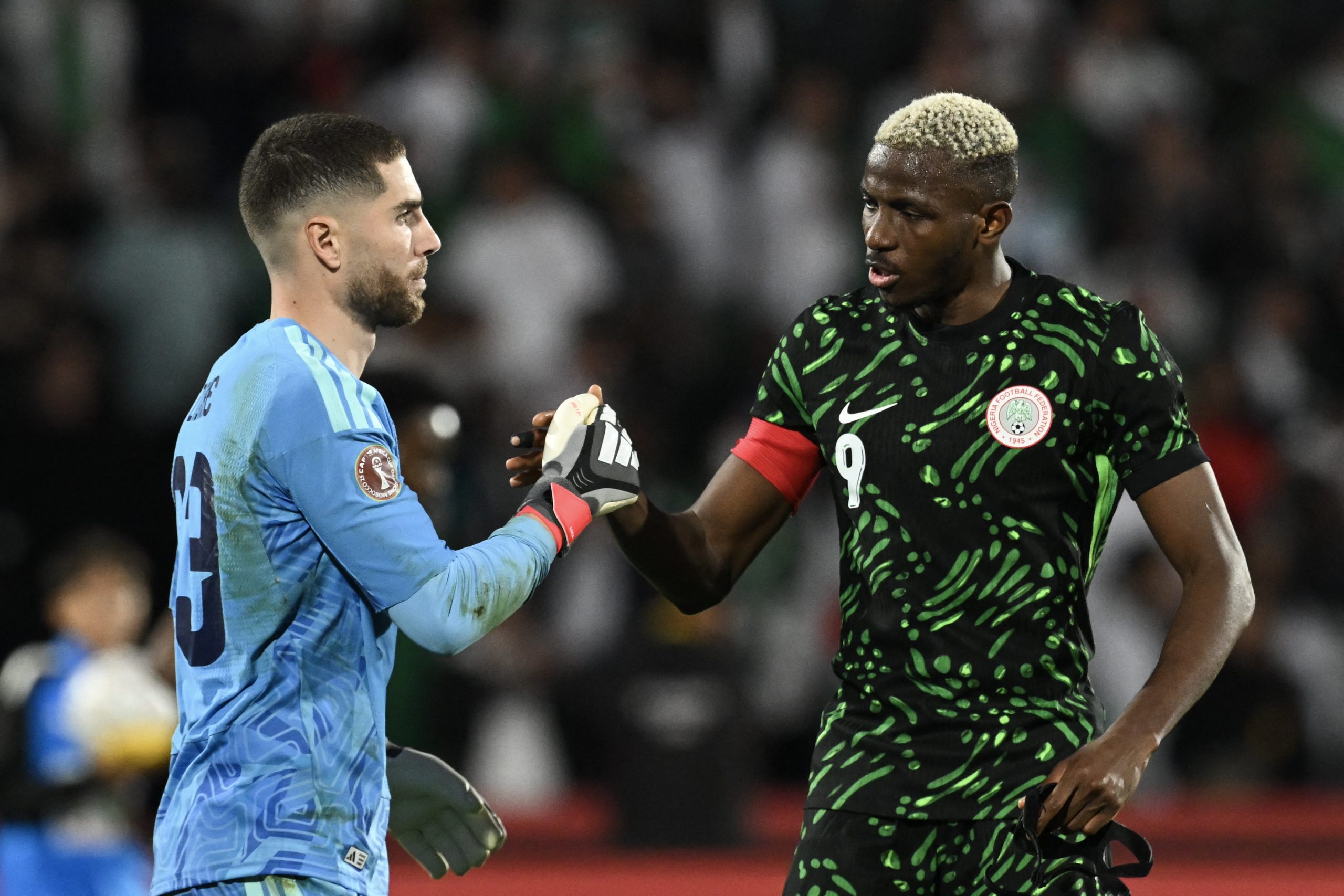… Nigerians are psychologically hardwired to blame the victim
It can be difficult to determine precisely where Nigerian football went off the rails, what with the constant sense of bickering and chaos through the years. However, according to former international and assistant coach Joe Erico, we have only to go as far back as 2002.
That year did mark a huge turning point, with the disbanding of the national team following the Africa Cup of Nations in Mali. However, if Erico is to be believed, it was the manner in which the coaching crew, rather than the players, were treated that sparked all the trouble.
“They treated all of us; Amodu, Keshi and myself just any how,” said Erico in an interview with Brila FM. “The thing is that they can’t handle the truth, speak it and you’d get blackballed.”
For some background, the technical crew of the national team at the time comprised Shaibu Amodu, Stephen Keshi and Erico. Following the falling out between the team and the then NFA, country’s sports minister – fuelled by a feud with the local media – in the aftermath of the Nations Cup, the team was ripped up and the coaches – considered to be in tacit support of the players by virtue of failing to impose discipline – were relieved of their duties less than six months to the start of the World Cup. Erico did not take the injustice lightly.
“What basically happened was that I was very angry at the time. I was an angry person. So I went back home, stripped naked and put a hex on Nigeria football,” Erico revealed.
Now, whether or not this tale resonates with you depends on what your belief system is. It can be easy to dismiss this sort of thing out of hand, and paint Erico as an attention-seeker. That, in fact, is the path some have toed already, which is somewhat unfortunate: we may laugh at his method, but we cannot lose sight of his very justified grievances.
Notably, of the three, only Erico remains alive: Keshi and Amodu passed away within three days of each other back in 2016. Both were owed significant amounts of money by the Nigerian football authorities up until their deaths. Can we then not empathise with his desire to speak up while he still can? Can we not see that this is a man dealing with the pain and loss of his colleagues in the best way he knows: by calling attention to how they were treated?
The callousness of Nigerian society can be shocking sometimes; we regularly shame the victim, while touting the merits of their oppressors. To focus on Erico’s “curse”, while ignoring the fact that he has been owed his wages for 16 years is just typical. We would rather do that and move on to something else than address the problem in itself: Nigerian football has a terrible record of owing its employees.
The likes of Christian Chukwu, Eucharia Uche, John Obuh, Austin Eguavoen, Florence Omagbemi, Samson Siasia and Sunday Oliseh – a veritable who’s who of Nigerian football – have all taken to the media to complain over outstanding salaries down the years, having coached our national teams.
It actually says a lot about our society that Erico, in his pain, reverted to his belief in spirituality: he clearly believed the odds were stacked heavily against him, and had no confidence in the ability and/or willingness of the courts to grant him succour and redress, even if only by enforcing a signed contract. By responding in the dismissive manner we have, we are inadvertently proving his point.
In any case, whether or not you think curses in the nude hold any weight, the leadership of the football house in the capital Abuja has not known peace since 2002. There has been almost ceaseless upheaval, even though on the pitch Nigerian national teams have remained competitive both on the continent and internationally.
Pretty much every single NF(F/A) President since has had to face up to corruption allegations and incarceration even. None has ever completed more than one term at the helm, a trend that may yet continue as the NFF elections comes into view.
However it all plays out, one can only hope Erico gets his due. Not just because that is his prescription for the lifting of the “curse”, but because there is dignity in labour. Even a day is too long to deny someone what he has rightfully earned, never mind 16 years.






